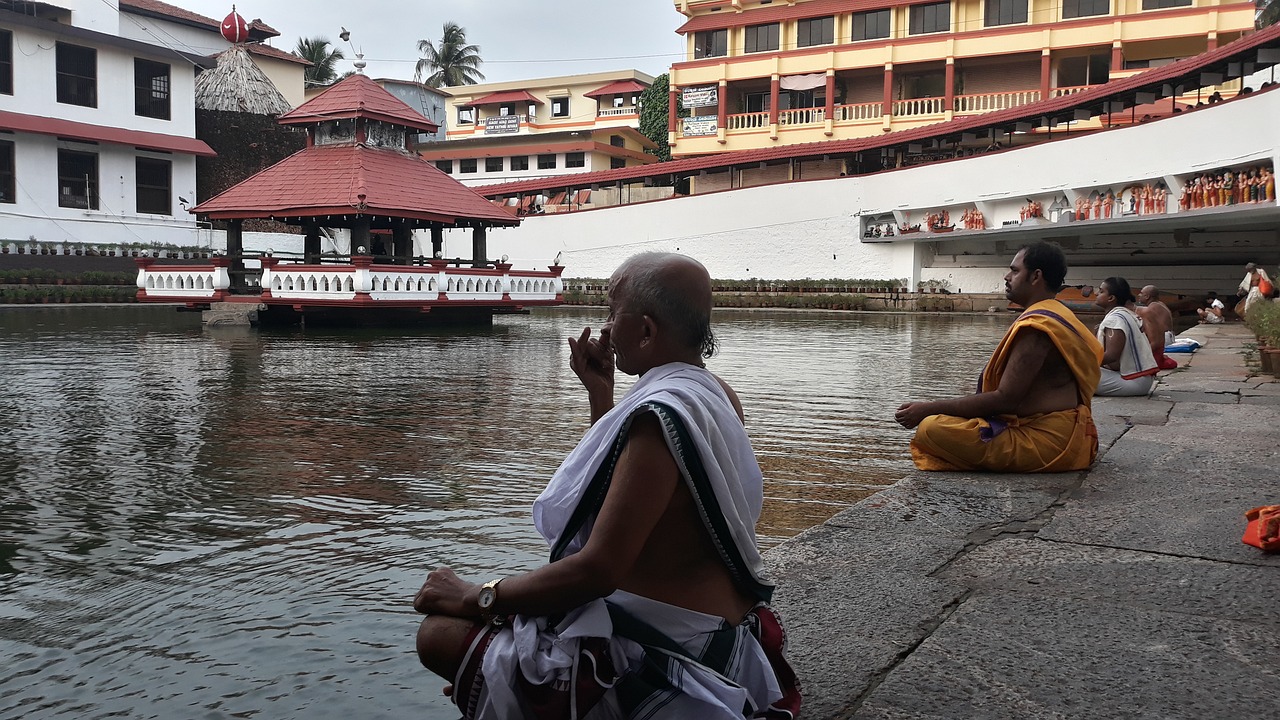The Ethics of Personalized Political Messaging: Allpanel 777, Laserbook247.online, 99exch.in
allpanel 777, laserbook247.online, 99exch.in: Analyzing the Role of Peer Influence in Political Decision Making
Have you ever wondered how your friends, family, and colleagues influence your political decisions? Peer influence plays a significant role in shaping our views and beliefs, especially when it comes to politics. In this article, we will delve into the impact of peer influence on political decision-making and explore how it can sway our opinions and behavior.
Understanding Peer Influence
Peer influence refers to the way in which individuals within the same social group, such as friends, family members, or colleagues, influence each other’s thoughts, attitudes, and behaviors. In the context of politics, peer influence can play a crucial role in shaping our political beliefs and decisions.
Our peers serve as a primary source of information and advice when it comes to politics. We often turn to our friends and family members for recommendations on candidates, policies, and political issues. Their opinions and endorsements can have a significant impact on our own views and decisions.
Peer influence can also be subtle and indirect. We may be influenced by the political views and behaviors of those around us without even realizing it. For example, we may adopt a certain political stance simply because it aligns with the beliefs of our social circle or because we want to fit in with our peers.
The Impact of Peer Influence on Political Decision Making
Peer influence can have a powerful effect on our political decision-making process. Studies have shown that individuals are more likely to adopt the political beliefs and behaviors of their peers, especially if they are close or influential individuals in their social network.
For example, if your close friend or family member supports a particular political candidate, you may be more inclined to support that candidate as well. Similarly, if your colleagues at work express strong opinions about a certain policy or issue, you may be swayed to adopt their views.
Peer influence can also amplify the effects of other factors that influence our political decisions, such as media exposure and personal experiences. When we see our peers endorsing a particular political stance, it can strengthen our own beliefs and make us more likely to take action based on those beliefs.
The Role of Social Media in Peer Influence
In today’s digital age, social media has become a powerful tool for peer influence in politics. Platforms like Facebook, Twitter, and Instagram allow us to connect with a wide network of friends, family members, and colleagues, making it easier than ever to share and receive political information and opinions.
Social media algorithms also play a role in shaping our political views by curating our news feeds based on our past interactions and preferences. This can create echo chambers where we are exposed to opinions that align with our own, reinforcing our existing beliefs and potentially limiting our exposure to diverse perspectives.
Furthermore, the rise of influencer culture on social media has made it increasingly common for individuals to be influenced by personalities who have large followings and a strong influence over their audience’s opinions and behaviors. These influencers can shape public opinion on political issues and candidates, further highlighting the role of peer influence in politics.
Navigating Peer Influence in Political Decision Making
While peer influence can be a powerful force in shaping our political decisions, it is essential to approach political discourse with a critical mind and an open attitude. Here are a few tips for navigating peer influence in politics:
1. Consider multiple perspectives: Take the time to research and understand different viewpoints on political issues before forming your own opinions. Engage in discussions with individuals who hold diverse beliefs to gain a broader understanding of the topic.
2. Fact-check information: In today’s era of misinformation and fake news, it is crucial to verify the accuracy of political information before accepting it as truth. Consult reputable sources and fact-checking websites to ensure that you are basing your decisions on reliable information.
3. Trust your instincts: While peer influence can play a role in shaping your political decisions, ultimately, you should trust your own judgment and values. Do not feel pressured to conform to the opinions of others if they do not align with your beliefs.
4. Stay informed: Keep up-to-date with current events and political developments to make informed decisions. Stay engaged in political discussions and seek out information from a variety of sources to broaden your understanding of complex issues.
FAQs
Q: Can peer influence have both positive and negative effects on political decision-making?
A: Yes, peer influence can have both positive and negative effects on political decision-making. On one hand, it can expose us to new perspectives and information that we may not have considered on our own. On the other hand, it can lead to groupthink and conformity, limiting our ability to think critically and independently.
Q: How can I resist peer influence in politics?
A: To resist peer influence in politics, it is important to stay informed, engage in critical thinking, and trust your own judgment. Take the time to research and understand different viewpoints, fact-check information, and don’t be afraid to challenge the opinions of others if they conflict with your values.
Q: What role does social media play in peer influence in politics?
A: Social media plays a significant role in peer influence in politics by allowing individuals to connect with a wide network of peers and influencers. Platforms like Facebook and Twitter can amplify the effects of peer influence by curating news feeds and promoting echo chambers of like-minded individuals.
In conclusion, peer influence plays a substantial role in shaping our political decisions and beliefs. By understanding the impact of peer influence and taking steps to navigate it effectively, we can make more informed and independent decisions in the political arena. Stay curious, stay critical, and stay engaged in the conversation. Your voice matters.







